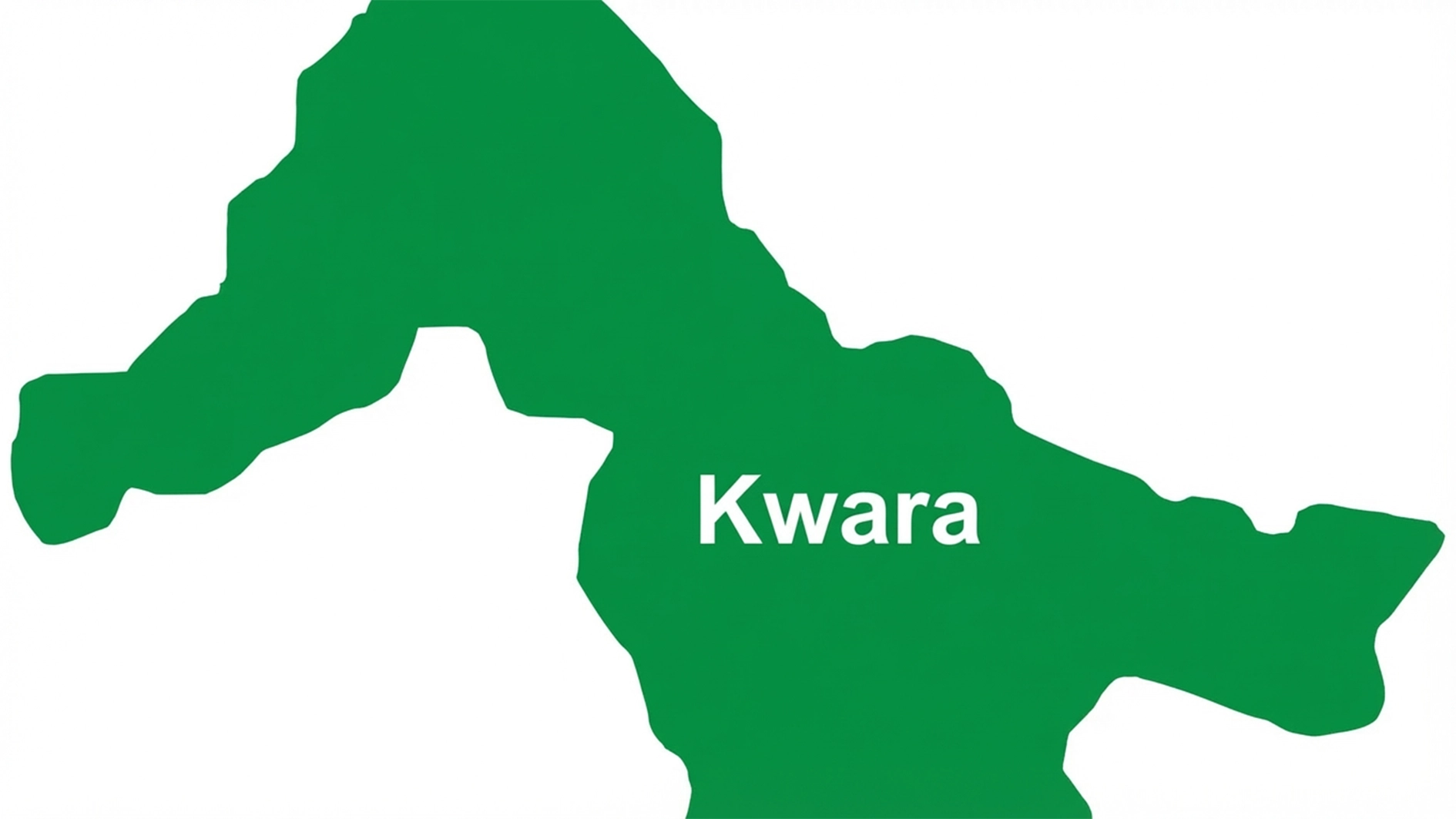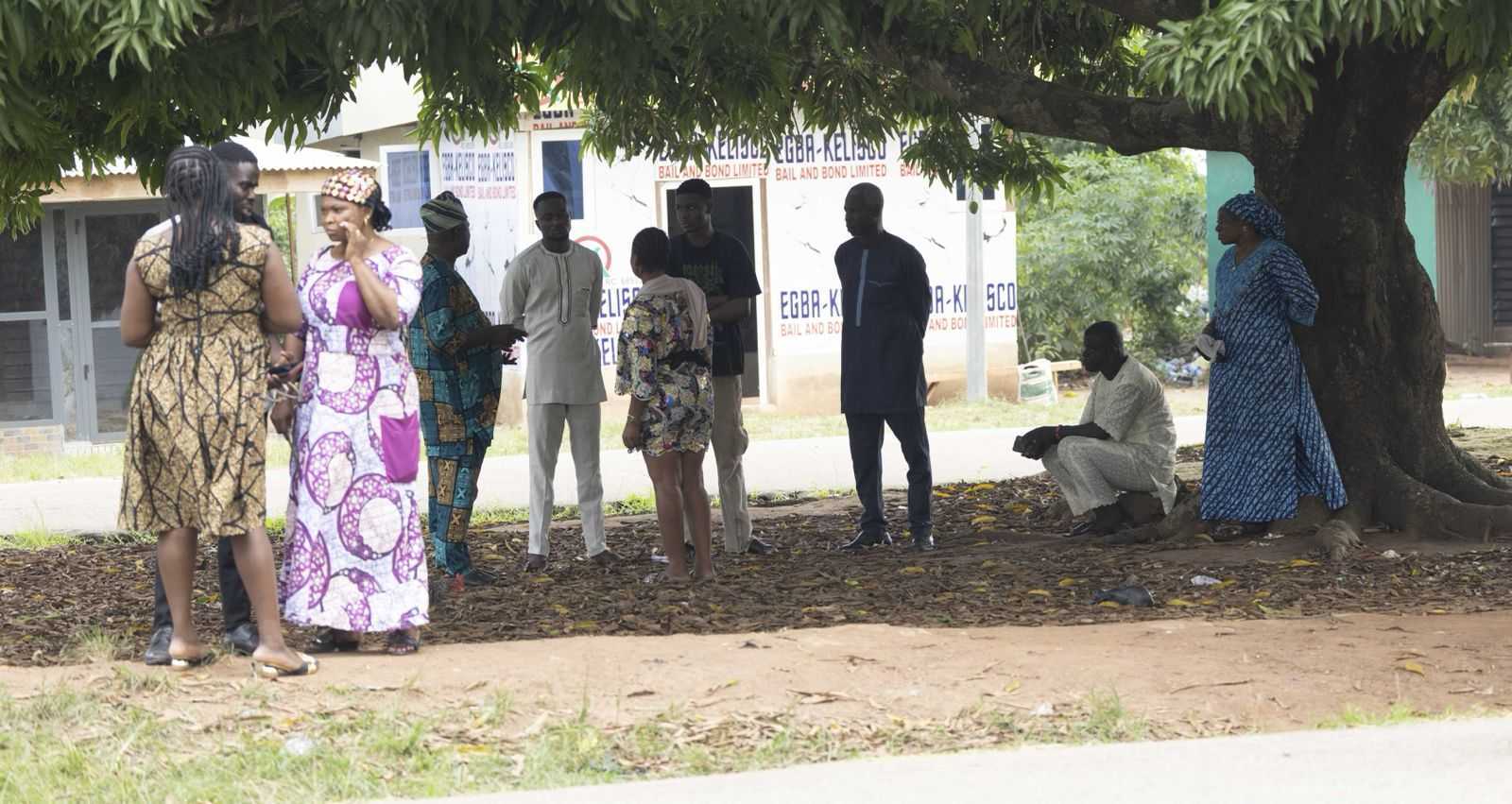Says over 10,000 Nigerians killed in two years
Human Rights Writers Association of Nigeria (HURIWA) has backed Zamfara State Governor, Dauda Lawal, for rejecting peace deals with terrorists, warning that such negotiations undermine national authority, embolden criminals, and contravene Nigeria’s counter-terrorism laws.
In a statement yesterday by its National Coordinator, Emmanuel Onwubiko, the rights group commended Governor Lawal’s firm stance, describing his position as a courageous defence of Nigeria’s sovereignty and the rule of law.
HURIWA urged President Bola Tinubu to halt all negotiations with proscribed groups and direct the service chiefs to focus on intelligence-driven operations aimed at arresting and prosecuting top terrorist commanders, including the notorious Bello Turji.
“Negotiating with terrorists or granting them unofficial amnesty only postpones violence and weakens the rule of law. The law provides no space for peace deals outside justice and accountability,” Onwubiko said.
Governor Lawal, while addressing participants of the Executive Intelligence Management Course (EIMC) 18 at the National Institute for Security Studies (NISS) in Abuja, had cautioned that dialogue without disarmament and prosecution equates to surrender.
HURIWA said his stance aligns with democratic principles and the legal obligations of the state under the Terrorism (Prevention and Prohibition) Act, 2022.
The group recalled that previous peace accords in parts of the North-West, including Zamfara, Katsina, Sokoto, and Niger states, only produced temporary calm before fresh attacks resumed.
It warned that such pacts reward violence with impunity and erode citizens’ confidence in government.
HURIWA also cautioned that any reintegration or amnesty initiative lacking a robust legal framework and victim-centred justice could breach the Terrorism Act, which prescribes life imprisonment or death for terrorism offences.
Highlighting the scale of insecurity, the group noted that credible monitors reported over 10,000 Nigerians killed in the last two years.
It cited Amnesty International’s estimate of at least 10,217 deaths since May 2023, alongside National Human Rights Commission (NHRC) data recording 3,584 killings and 3,012 kidnappings between January 2024 and April 2025.






